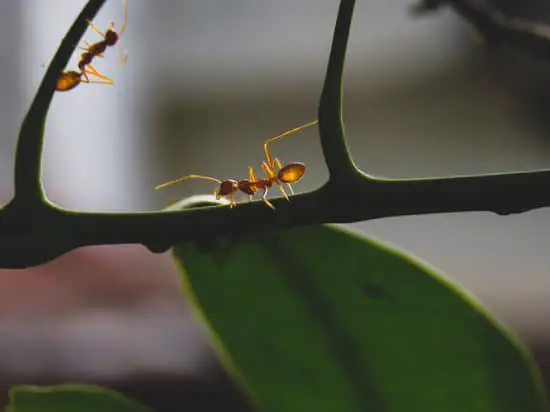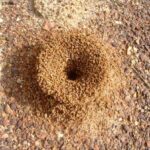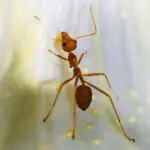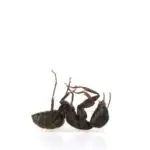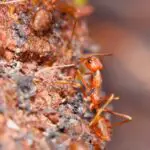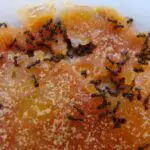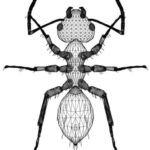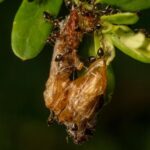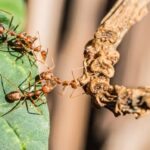How Do Ants Cause Aphids?
Various types of ants have a mutualistic symbiotic relationship with aphids. Ants help aphids survive by protecting them from predators. They also help aphids produce honeydew. This sweet treat is their favorite food and they love to feed on it. Ants also protect their colony by making sure there is enough honeydew for the queen and workers.
When ants are on aphids, they will stroking their antennae to stimulate honeydew production. They also have chemicals that help to control aphids’ wings. This helps them stay close to their protectors. The ants will also remove aphid wings to prevent them from flying away.
The ants will then take the honeydew back to the nest. They will then use it to feed the workers. The worker ants will then leave scent trails for the other workers to follow. The ants will also kill aphids as a food source.
Aphids are sap sucking pests that can be harmful to plants. They can also be harmful to young trees. They often feed on the sap from a plant’s stems and leaves, which is the source of nutrients. The sap is called phloem and it carries energy and hormones. When it is depleted, the aphids will disperse to a new plant.
Some aphid species don’t have wings, but they can develop wings as a reaction to environmental triggers. In some cases, the ants will chew off the wings to prevent the aphids from flying. In other cases, the ants will secrete chemicals that help to control the aphid’s wings.
